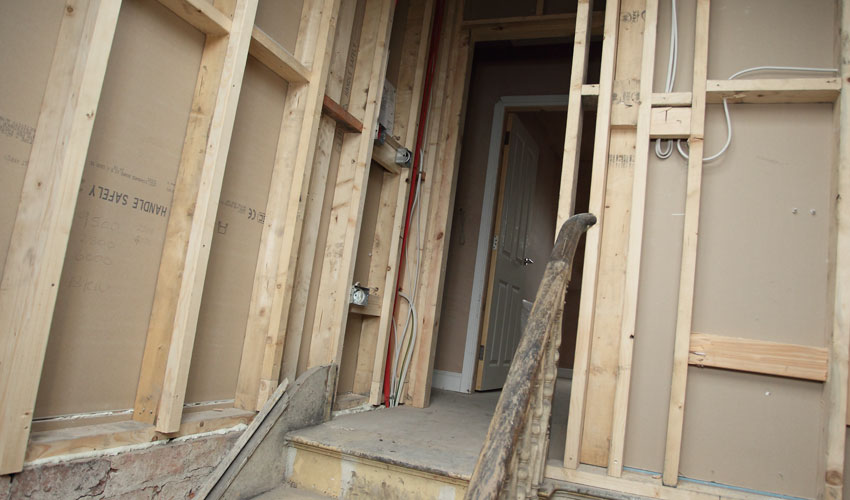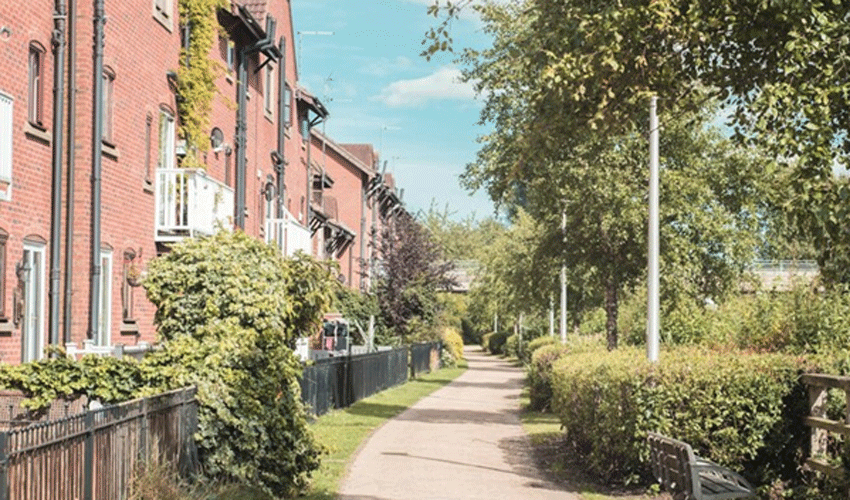
East Riding of Yorkshire Council is asking residents to be more aware of the signs of cancer. Their appeal comes following the launch of their Cancer Awareness Project.
The council are hoping more people will spot the signs which will help increase survival rates. Figures show that if detected early people 81pc chance of survival. While if found later this figure drops dramatically to just 26pc.
In a statement released the council said;
“If you notice signs and symptoms which are persistent and are not going away, you are not sure why they are happening or they are not normal for your body, seek advice from your doctor.”
“The chances are this is nothing to worry about, but the doctor will want to see you to make sure.”
Cancer Awareness – Spotting The Signs Early Can Save Lives
Each month the council will focus on different themes as they look to tackle this difficult subject. February is about information on the main cancers. Also, it will tackle how to recognise the signs, symptoms and getting early diagnoses.
Figures show that in 2016, there were 2,868 new cases of cancer in residents of the East Riding of Yorkshire. While over the past five years, there have been in average 2,800 new cases of cancer per year in the region.
In terms of mortality, in 2016 there were 1,080 deaths as a result of cancer in the East Riding. Of those residents, 42pc were aged under 75 years.
It is estimated that thousands of lives in the UK can be saved every year if efforts to improve diagnosis and early presentation to the GP are increased.
Cancer Awareness – Lung Cancer Signs & Symptoms
Lung cancer mainly affects older people and is rare in people younger than 40. It is most commonly diagnosed in people aged 70-74 and also people who have never smoked can develop lung cancer, although smoking is the main cause.
Signs and symptoms
• Having a cough for longer than three weeks for no obvious reason
• Get out of breath easily
• Frequent chest infections
• A change in a cough you have had for a long time
• Coughing up phlegm with signs of blood in it
• Chest or shoulder pain
• Loss of appetite
• Tiredness
• Losing weight
Cancer Awareness – Bowel cancer Signs & Symptoms
Bowel cancer can affect men and women. It is also referred to as colorectal cancer or colon cancer. It can affect anywhere between the colon (large bowel) and the rectum (back passage). Nine out of ten people will also survive bowel cancer if it is caught early.
Signs and symptoms
• A persistent change in bowel habit to looser or more frequent bowel motions
• A strange smell from your bowel movement
• Tummy pain, especially severe
• A lump in your tummy
• Bleeding from the bottom without any obvious reason
Cancer Awareness – Breast cancer Signs & Symptoms
Be breast aware, get to know your own body, know what is normal for you and if you notice any changes please tell your GP as soon as you spot them.
Breast cancer is the most common cancer in women and is more common in older women, but can affect younger women. One in eight women in the UK will develop breast cancer in their lifetime.
Men can get breast cancer, but this is very rare.
Women can develop breast cancer at any time. Changes in your breast may be harmless, but you should get them checked straight away.
Signs and symptoms
• Any lumps, thickening or bumpy areas
• Lumps under the arm
• Changes in appearance (puckered or dimpled skin)
• Discomfort or pain
• Nipple discharge, a rash, red areas that won’t heal, or a change in your nipple position (pointing differently or pulled in)
Cancer Awareness – Prostate cancer Signs & Symptoms
Prostate cancer affects men only. There is also a very low risk in men under the age of 50, but the risk does increase after that age.
Signs and symptoms
The following symptoms may be caused by problems that are much less serious than prostate cancer. Try not to worry if you develop any of them; however, do get them checked out by your doctor.
• Difficulty or pain in passing urine
• Having to rush to the toilet to pass urine
• Frequent visits to the toilet, especially at night
• Starting and stopping while urinating
• Dribbling urine
• A feeling of not having emptied the bladder fully
For more information visit www.nhs.uk/be-clear-on-cancer
If you are concerned about any signs and symptoms you should visit your doctor who will be happy to help.












